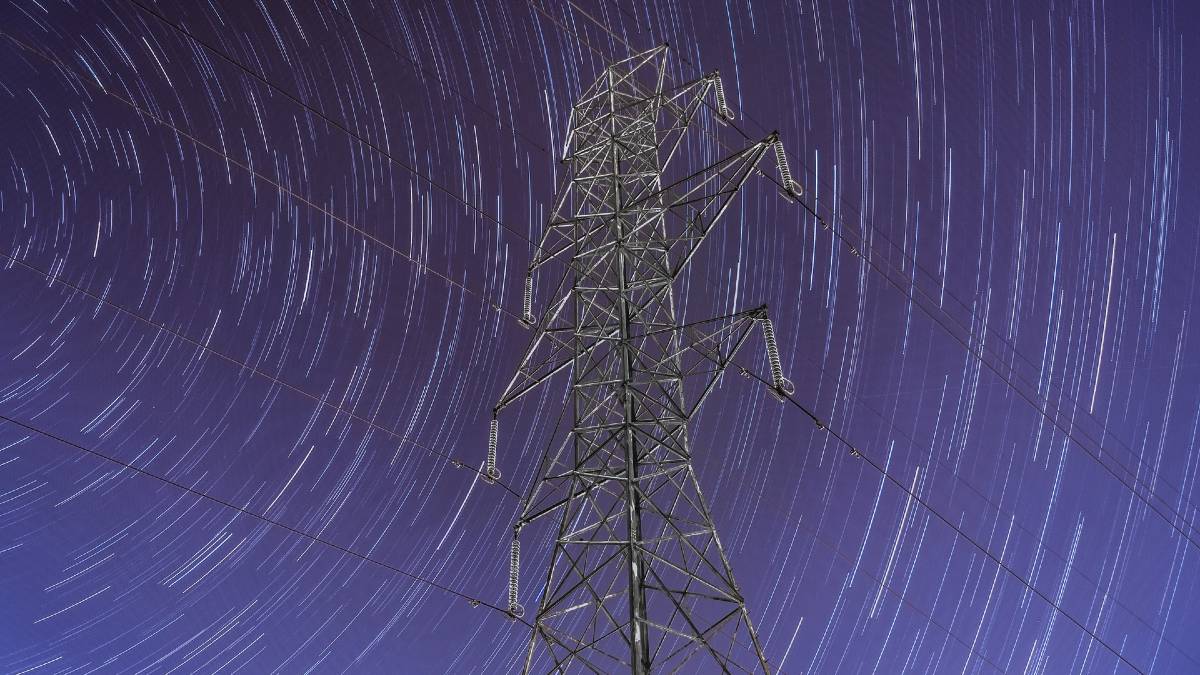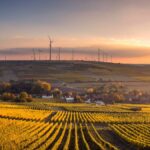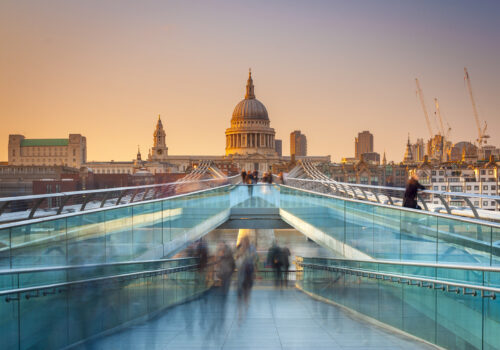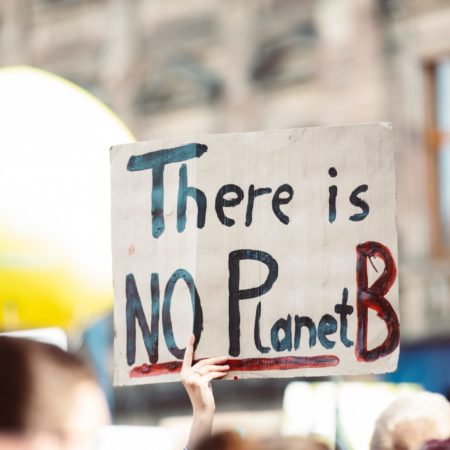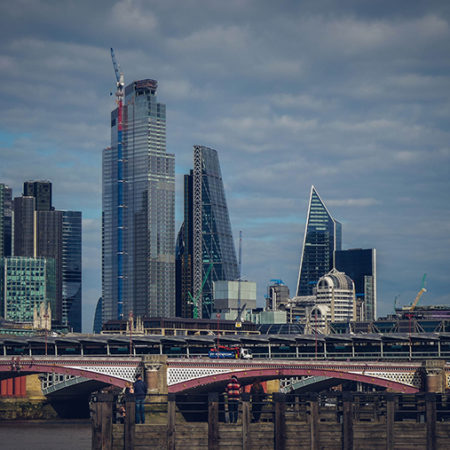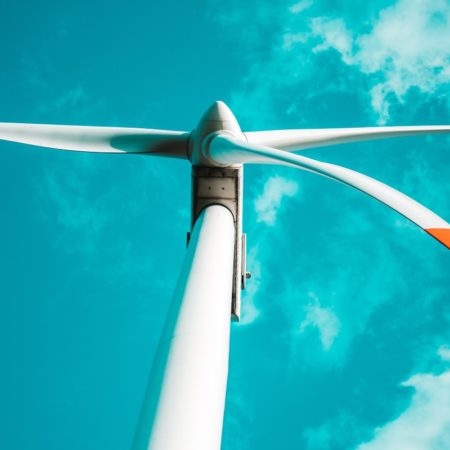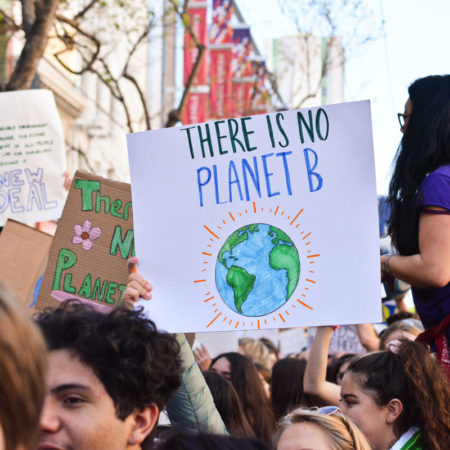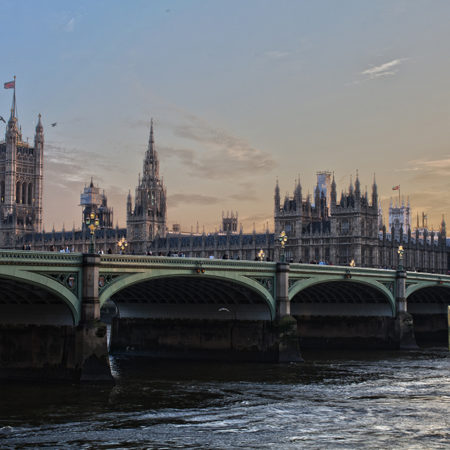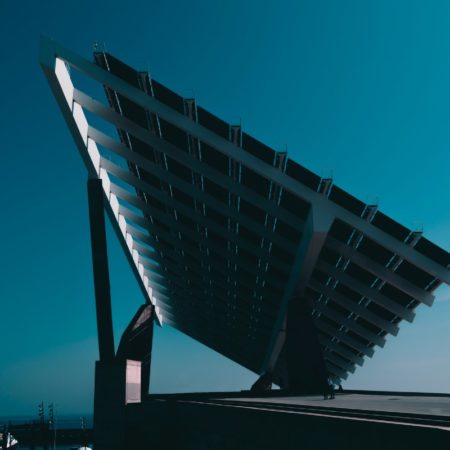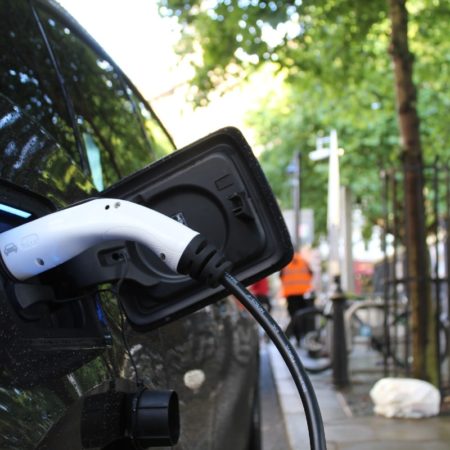As corporates and governments face ever more urgent net zero targets, the logical step is to take simple wins wherever we can.
But all is not well. edie reports the UK has repeatedly missed chances to implement “no-brainer” solutions to the energy price crisis that will also reduce emissions, including ending new fossil fuel finance and communicating with the public on energy efficiency.
Why are we failing to make good on simple efficiency opportunities?
Lack of detail
The Sustainable Energy Association (SEA) Chief Executive Jade Lewis told edie that the government’s Heat and Buildings Strategy does state clearly that it takes a ‘fabric-first’ approach, prioritising energy efficiency.
“But, when you read the detail, there wasn’t much to back that up,” she said. “We are lacking detail on how the government intends to deliver energy efficiency and achieve that demand-side reduction. The Energy Security Strategy was published more recently and still lacks that piece on energy efficiency. We believe the right long-term solution to deal with the energy bill crisis, in the immediate term, is energy efficiency.”
There’s more. edie also says a paper from the Energy Transitions Commission (ETC) already spells out how energy efficiency forms a solid foundation upon which to reduce bills and emissions in the short-term while crafting long-term responses to the energy trilemma (security, climate impact, cost).
Published in late May, the ETC paper implores governments across Europe to “pursue all options” for boosting energy security that are compatible with long-term climate goals. Energy efficiency is named a win-win.
The ETC paper calls on governments to deploy a suite of energy efficiency solutions. This includes fabric-first approaches including insulation and ventilation but also covers smart technologies and simple behaviour changes.
Inexplicable efficiency blunders
The International Energy Agency (IEA) is also calling for greater action to reduce energy demand. Failure by governments and businesses to accelerate energy efficiency efforts is “inexplicable”, according to IEA’s Faith Birol, talking with The Guardian.
Birol said saving more energy was “utterly essential” in cutting household’s rocketing bills, ending reliance on fossil fuel regimes such as Russia, and rapidly lowering the CO2 emissions driving the climate crisis.
New analysis by the IEA shows that doubling the rate of energy efficiency improvements seen in the last decade would, by 2030, slash global energy use by the same amount used in China every year, saving households $650bn.
The IEA says such greater efficiency could be readily achieved with existing technologies and would pay back fully the investment through lower running costs, especially at today’s high energy prices.
Crucially, IEA notes further that such a level of savings would reduce global CO2 emissions by an additional five billion tonnes a year by 2030, about a third of the total emissions reduction efforts needed this decade to move the world onto a pathway to Net Zero emissions by mid-century, as laid out in the Net Zero Roadmap the IEA published last year.
A true panacea
IEA’s position is; efficiency can and should be a massive part of the race to net zero. The agency is candid: ‘The cleanest, cheapest, most reliable source of energy is what countries can avoid using, while still providing full energy services for citizens.
‘That is why the IEA refers to energy efficiency as the “first fuel”. Without early action on efficiency the energy transition to net zero emissions will be more expensive and much more difficult to achieve.’
But the UK government approved a new gas field in the North Sea recently, while new tax breaks could see £8bn of additional projects, says The Guardian.
Michael Bradshaw, professor of global energy at Warwick Business School, told the paper: “Investing in fossil fuel production is not compatible with the Paris Agreement. The ‘no regrets’ solution is a reduction in fossil fuel consumption through efficiency, demand reduction, and an increase in clean energy sources.”
The Guardian also notes that Tony Danker, director-general of the Confederation of British Industry, called on the UK government to make “an all-out national effort” on energy efficiency, saying people must not be left “at the mercy of global oil and gas prices”. He said: “Do we want a new normal of energy efficiency or a new normal of billion-pound bailouts every quarter?”
Why ignore the obvious?
IEA has repeatedly stated that the key solution to today’s energy crisis and net zero emissions is a dramatic scaling up of energy efficiency and clean energy.
Even average UK householders know; a quarter want to improve the efficiency of their homes, catalysed by energy price hikes, says the FT.
There seems to be no downside to the efficiency argument. For the sake of net zero and the sake of our bank balance, let’s get this message onto the agenda.


